Chuadanga, Dec 12 (V7N)- The southwestern border district of Chuadanga is experiencing a sharp drop in temperatures, accompanied by bone-chilling cold and freezing winds. The severe weather has brought immense suffering to the local population, particularly daily wage laborers and vulnerable groups like children and the elderly.
Temperature Hits Season's Lowest
At 9 AM on Thursday, the district recorded a temperature of 10.2 degrees Celsius, the lowest so far this season, with air humidity at 97 percent. Meteorological experts predict the possibility of a mild to moderate cold wave in the coming days.
Senior Meteorological Observer Rakibul Hasan confirmed the trend, stating, "The temperature continues to drop, and with the prevailing winds, the intensity of cold is likely to increase further."
Struggles of Daily Wage Earners
Daily wage workers, including rickshaw pullers, are among the hardest hit. Bashir Ahmed, a rickshaw puller in Chuadanga, shared his ordeal:
"I work at night and rest during the day. The past two nights have been freezing, making it extremely difficult to continue driving my rickshaw."
Health Challenges Amid Cold Wave
The sudden drop in temperature has led to a spike in cold-related illnesses, particularly diarrhea caused by rotavirus. Chuadanga Sadar Hospital is grappling with an overwhelming number of patients.
- Hospital Statistics:
- Over 300 diarrhea patients have been admitted to the hospital's dedicated ward in the past week.
- 400–500 additional patients are treated daily at the outpatient department.
Dr. Rakib Sadi, Resident Medical Officer of Chuadanga Sadar Hospital, stated, "The increase in patients has strained hospital resources. We are doing our best to provide care, but the pressure is immense."
Amena, a mother of an eight-month-old admitted for diarrhea, described the dire conditions:
"There are no beds available. We are receiving treatment on the floor in the cold, but we have no choice but to stay until my child recovers."
Preparedness and Assistance Needed
As the cold intensifies, residents and authorities are urging for immediate measures to mitigate the suffering, including distribution of warm clothing and improved medical facilities. With predictions of a further dip in temperature, timely intervention is crucial to prevent further hardships.
END/MSS/AJ



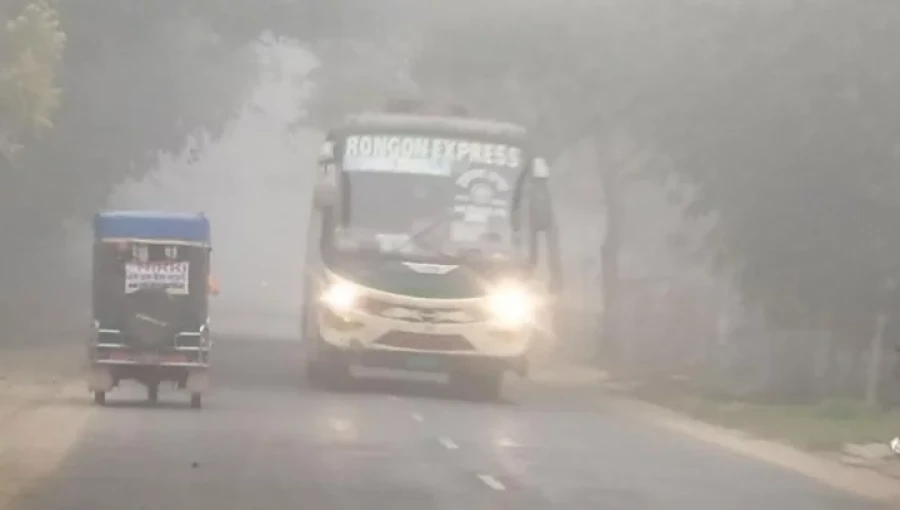
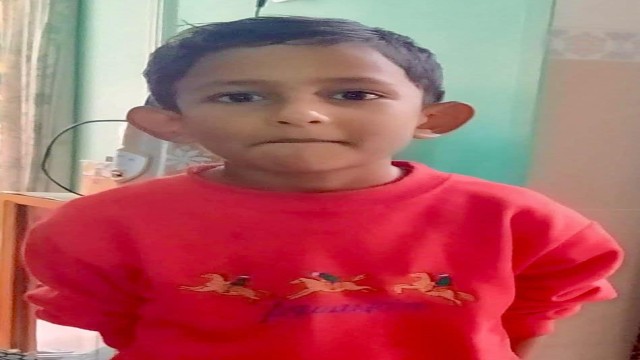
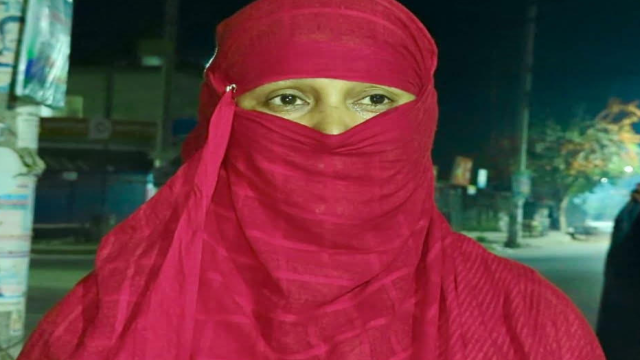
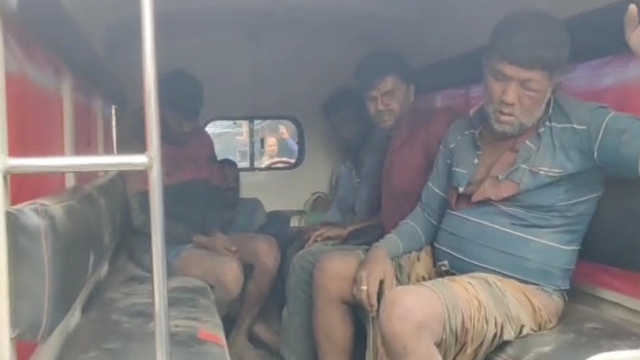
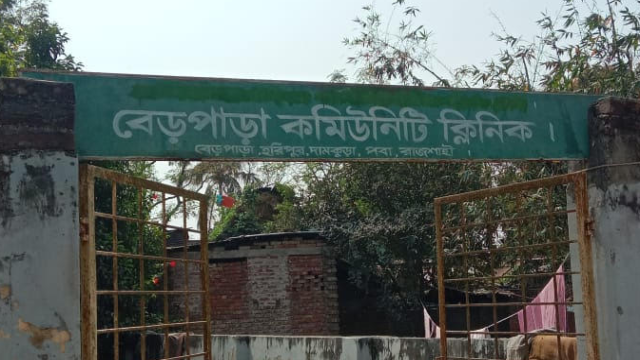
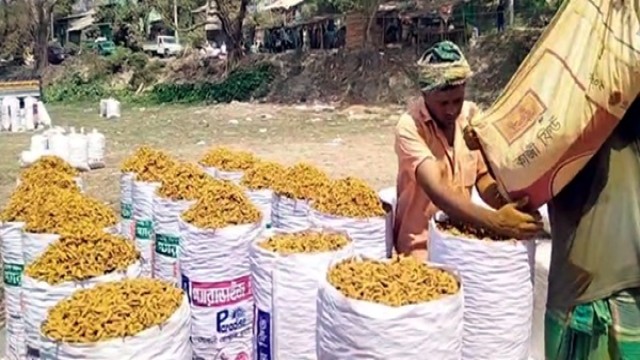


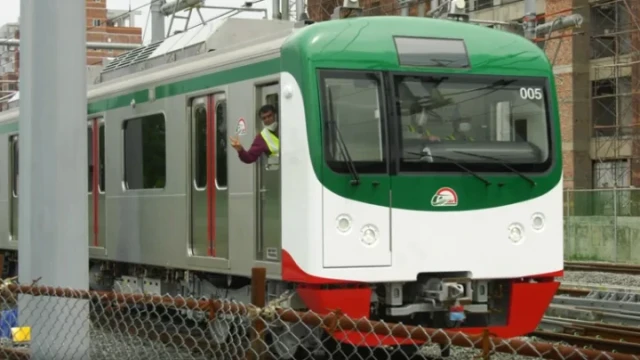
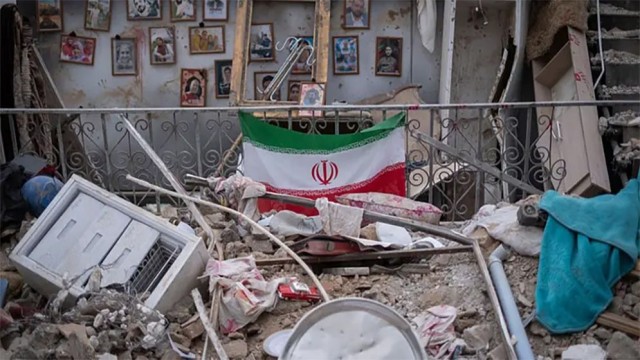
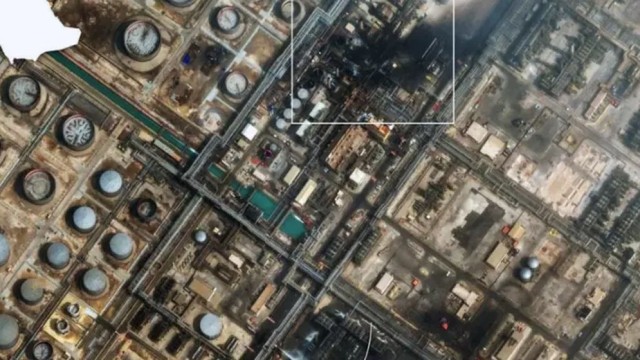

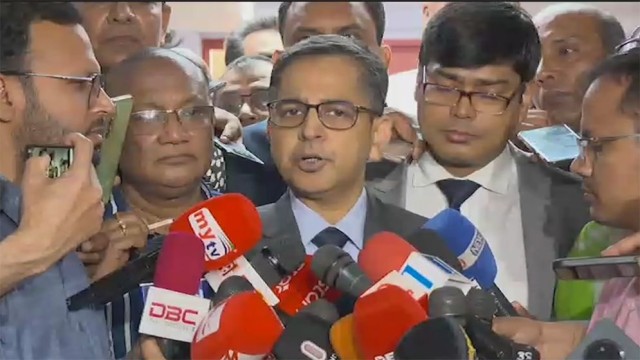
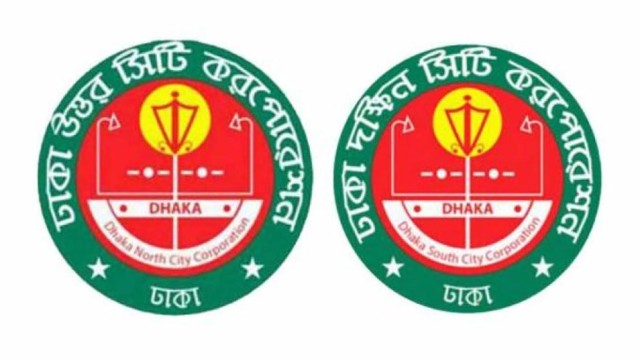


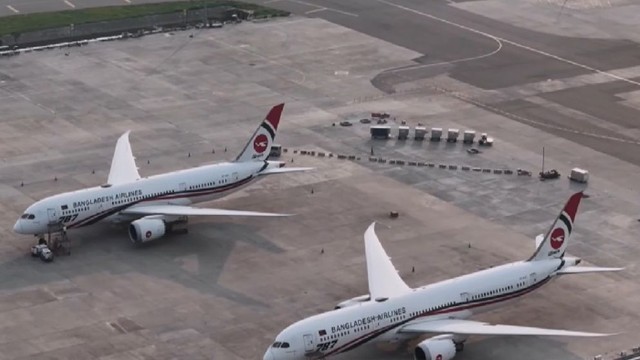











Comment: